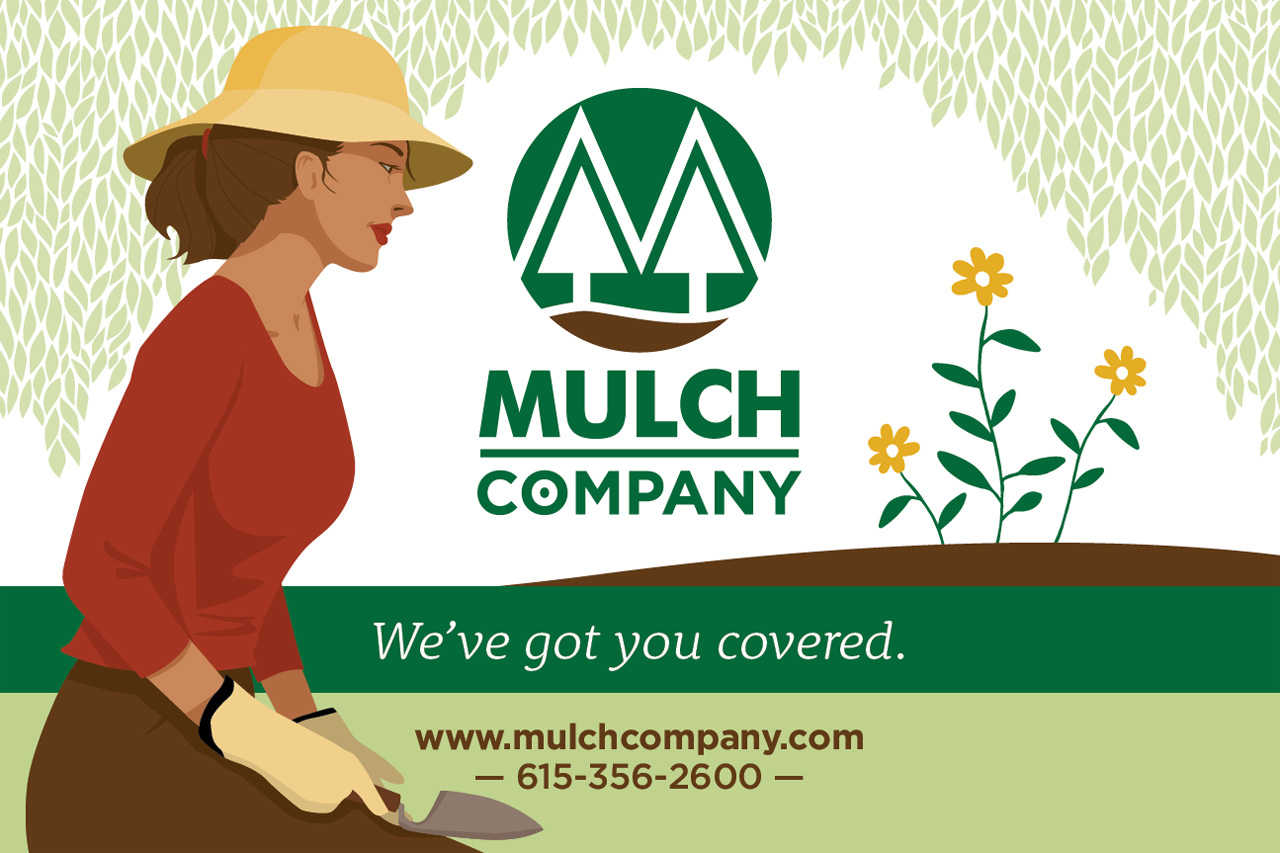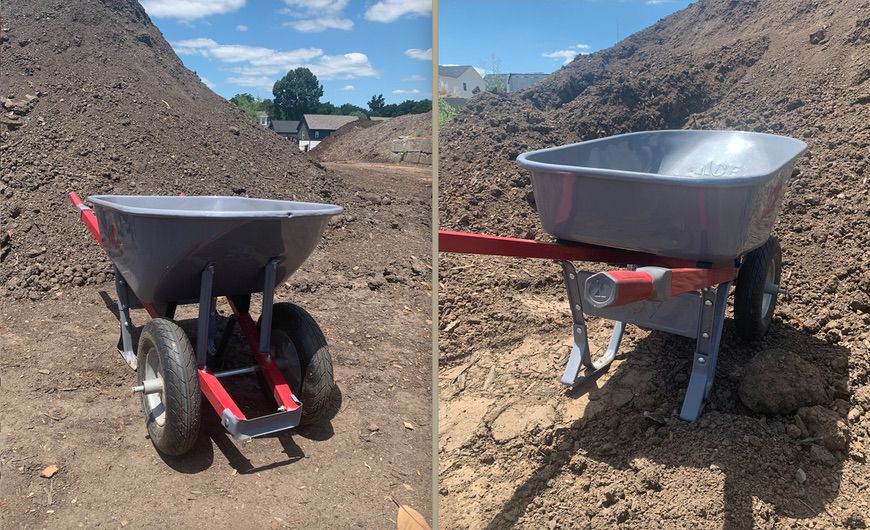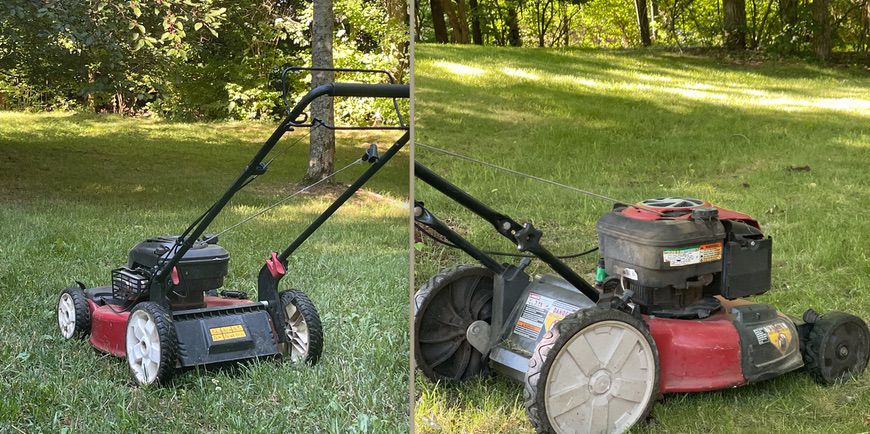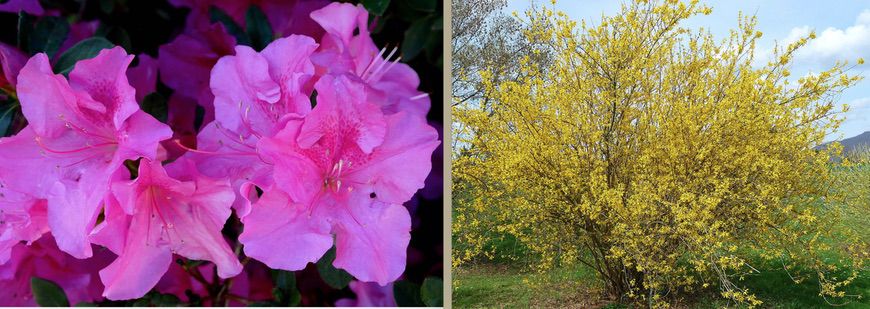Summer Things

3 Things You Should Do in Summer
1). Fertilize Now!
A smart gardener always fertilizes in Summer.
Fertilize your vegetable garden and your flowers and shrubs with a slow release balanced fertilizer, or a fertilizer with low nitrogen. The NPK numbers should be the same, for example 10:10:10, or have the N be the lowest of the three numbers. Most Farmer’s Co-ops keep them and they are reasonably priced. The high nitrogen (the N in NPK) fertilizers just green up the plants and do very little for the harvest or the flowers. If you want to use an organic fertilizer such as those derived from chicken or turkey manure, or from fisheries, go ahead. But don’t be ashamed to use a chemical fertilizer, all the farmers use them too, just don’t overdo it.

2). Plant Annuals Now!
Give the birds and the bees and butterflies a reason to be in your garden. Petunias, Marigolds, Salvia, and your personal favorites will add a palette of color from now until Halloween!
If your soil has too much clay, a Tennessee curse, consider amending your soil with our Gourmet Planting Mix or with Piney Fines.

3). Summer is the Time for Topsoil Projects!
Due to Spring rainfall, even screened and blended topsoils are often heavy, clumpy, and wet in Spring. By summer, topsoil is dry, fine, and light. You should spread the topsoil in hot and dry conditions. Be ready for the starting gun for planting, Labor Day! Tip Top Soil is fine for most projects, but if your planting plans include acid loving plants, consider using Ultra Soil, which is more acidic.

3 Things You Should Not Do in Summer
1). Don’t Get Rid of the Grass Clippings!
Rather than raking up grass clippings, save time and energy by using a mulching mower to let your grass clippings be your lawn’s fertilizer. Mow at four inches high, so your grass overcomes your weeds.

2). Don’t Prune Most Plants Until the Dormant Period.
The dormant period is from late Fall until the start of Spring. However, you can prune your flowering shrubs such as Azaleas and Forsythias now, immediately after blooming. That will stimulate the plants to produce abundant flowers next Spring.

3). Don’t Water Your Plants at Night.
You would think that watering at night would save on evaporation, but you may cause more harm than good doing this. Watering at night leaves plants wet enough to cause fungus and bacteria to grow. Watering during the early part of the day allows the moisture on the plants to evaporate.
Here’s to a Great Summer Season… Spent in the Garden!
If you need mulch or topsoil for this season’s outdoor projects, we have the best mulch in Nashville! Simply visit our website to place an order, respond to this email, or call our office at (615) 356.2600.
Subscribe to Our Newsletter
Interested in getting free Smart Gardener tips in spring, summer, fall, and winter? Fill out your information to be added to our quarterly newsletter!


